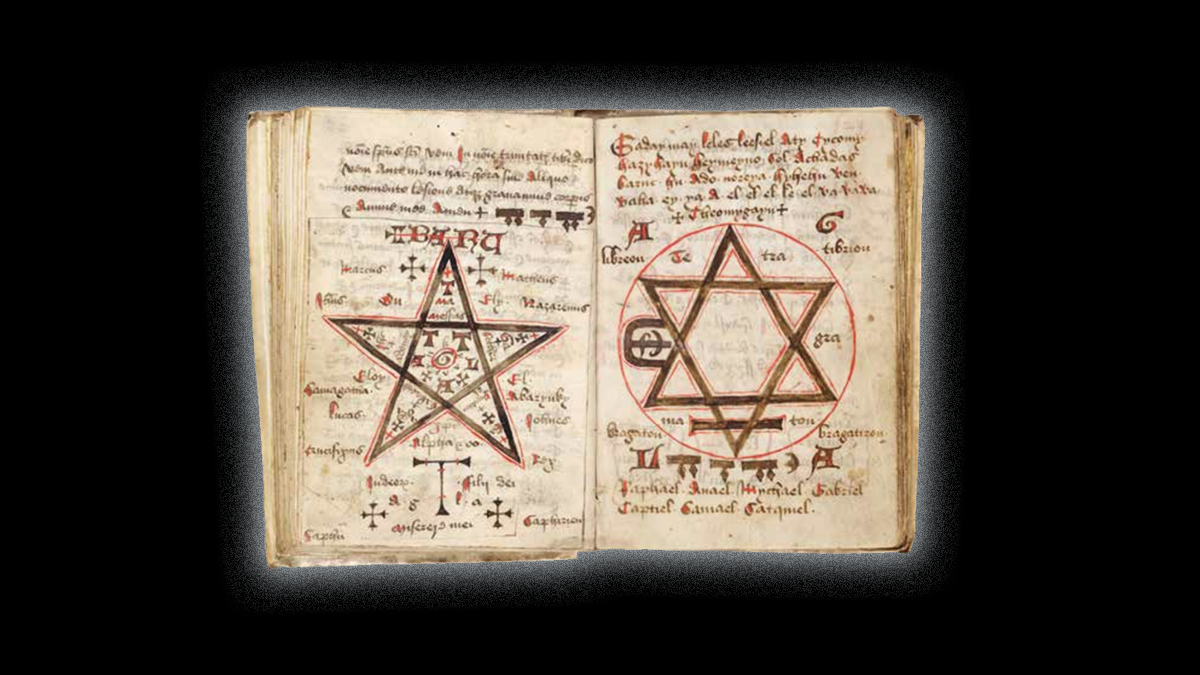The Pastor recalls how he first turned to faith.
Question: Did you grow up in a religious house?
Keller: I grew up in a Lutheran Church pretty much a mainline, not particularly conservative Lutheran Church. In college, I had a lot of doubts about whether I was going to be a Christian at all like a lot of people and that my college years where 1968 to 1972. I would say one of the main problems I have at that time was people that believed in justice and civil rights tended to be secular. People who believe in Orthodox Christianity tend to think that Martin Luther King, Jr. was a communist. I felt like the people who were secular didn’t have a very great basis for saying these things are right and wrong since after all if there’s no God then it’s just strong and the weak that’s evolution. But I thought the Orthodox people seem to be very regressive and I struggled during colleges just whether I’d be a Christian or not. I came out of it as a, you might say, an Evangelical Presbyterian minister which is all within about five years.
Question: Did you have an awakening?
Keller: There was a small epiphany because I found a small group of Christians that I saw were trying to pull that together. We try to bring Orthodox together with the concern for justice, problems they saw in the country at that time. Later on, I began to realize that the Civil Rights Movement to the great degree from the Black Church had very strong Christian theological roots. There’s a book by David Chappell called “A Stone of Hope” that really shows that black clergy had a doctrine of original sin that led them to do civil disobedience. They did not expect that just education was going to be enough to get justice and that white liberals who tended to be secular had a tendency back in the ‘50s to say just slow down, don’t break the law, you know, things will evolve through education. And a lot of black clerics including Martin Luther King, Jr. were affected by Reinhold Niebuhr, another Orthodox theologian and said no, no. Sin is going to keep people from giving you your rights and you’re going to have to go get them. So, later on, I came to realize that the Civil Rights Movement had a Christian, a heavy Christian base and I was wrong because all I saw were the white people who were in the Civil Rights Movement in the North. I didn’t see the black people who were and a lot of them were [believe in] Christians.





